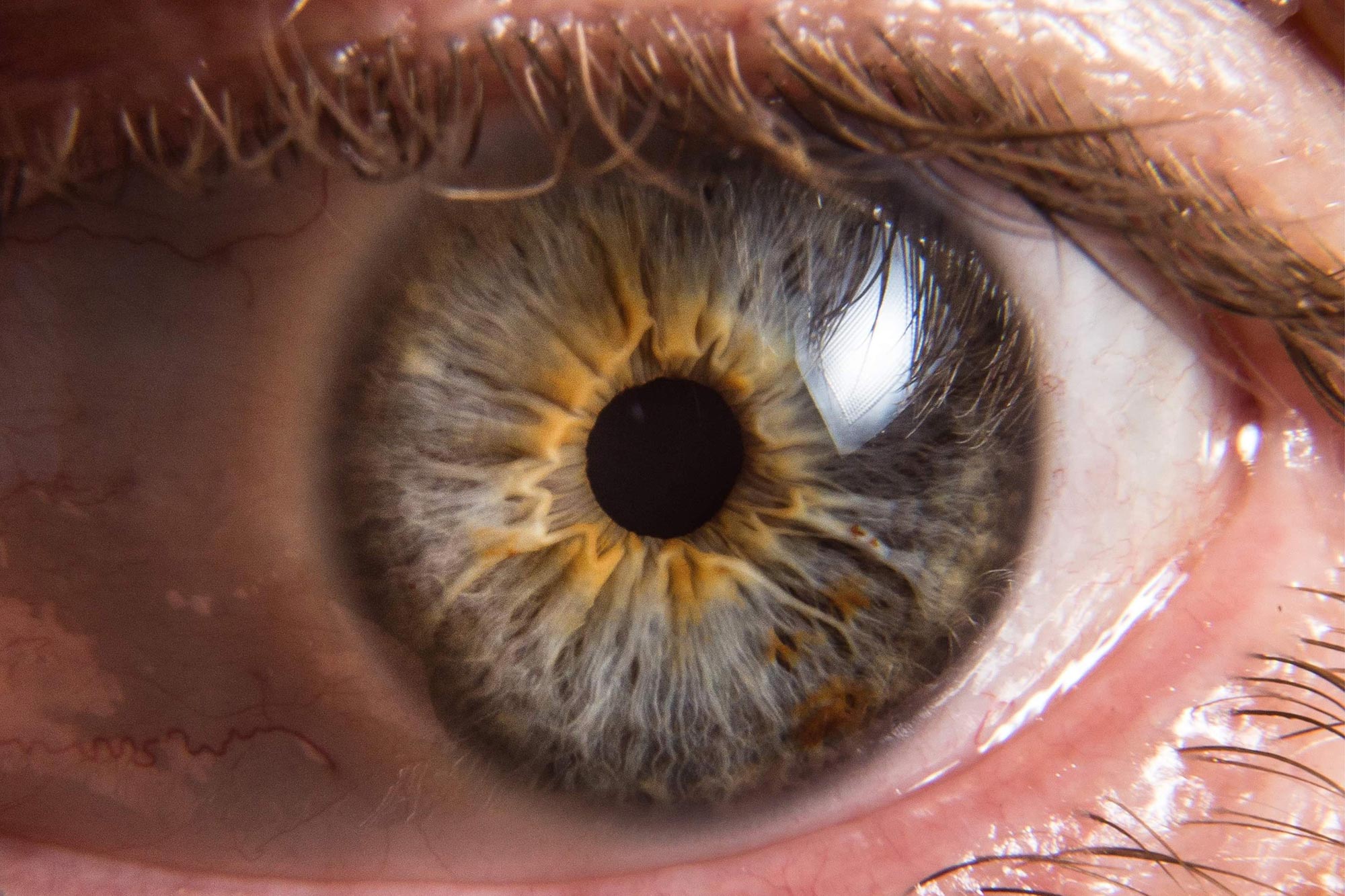Breakthrough Drug Restores Vision: A New Era in Retinal Repair
A Revolutionary Step in Vision Science
Vision loss due to retinal damage is a global health concern, affecting over 300 million people worldwide. However, a pioneering study from KAIST sheds new light on this issue. Researchers have identified a drug capable of inducing long-term neural regeneration in mammalian retinas, marking a significant stride in ophthalmic medicine.
The Conducted Study and Its Promising Results
KAIST researchers focused on a protein called PROX1, a critical player in retinal health. By blocking this protein, they were able to rejuvenate the damaged retinal nerves, essentially enabling natural repairing processes. Astonishingly, this method successfully restored vision in lab mice, offering hope for human applications in the future.
Implications for Human Vision Treatment
The therapeutic potential of this drug extends beyond just repairing the retinas. It could be a game-changer in treating age-related vision impairment and conditions like glaucoma and macular degeneration. Dr. Alex Park from KAIST stated,
"This breakthrough takes us a step closer to possible cures for conditions once considered irreversible."

How This Drug Works
The drug primarily functions by targeting and inhibiting PROX1, a prevalent protein in retinal structures. By doing so, it jumpstarts the regeneration of retinal tissues, aiding the recovery of neural pathways crucial for vision.
Potential Market and Future Applications
- Applications in age-related macular degeneration treatment.
- Possible use in therapies for retinal detachment.
- Benefits in diabetic retinopathy, a common issue in diabetic patients.
Accessibility and Future Research
Bringing this innovation to the consumer market involves rigorous testing and approvals. However, with continuous research and development, the future seems bright. The potential to restore vision not only touches individual lives but also addresses a significant healthcare burden.
What Experts Are Saying
Numerous ophthalmologists and scientists have acknowledged the significance of this development. A notable tweet from @ophthalmology stated, "The discovery by KAIST is a monumental leap forward in vision science."
Learn More About Vision Restoration
For those interested in further reading, this PubMed link provides access to a wealth of professional papers on the topic. Additionally, this book on retinal health offers valuable insights.
